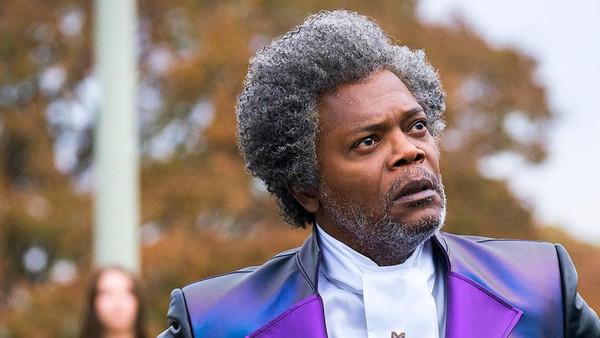Glass Reviews: 12 Early Reactions You Need To See
3. The Pacing Is Bloated & Self-Indulgent

"The signature sound effect of the film is a ticking clock; while it has very little relevance on the story, it does remind you just how slowly these 150 minutes are passing...Glass is a sequel to not one but two different movies that proved fairly conclusively that these guys are pretty darn special...What’s the point of convincing people, and then trying to unconvince them?" - Screen Crush
"[Glass] keeps the three lead characters apart...and gives most screentime to a doctor (Sarah Paulson) bent on proving they’re normal human beings after all. Her monologues grow wearisome, Willis doesn’t get enough to do, and the second act’s languid pace gives you more time to unpick the plot holes." - Empire
"It lacks a real climax, yet has room for multiple scenes set in comic-book stores, plus a lengthy and unnecessary cameo for [Shyamalan]." - Time Out
Glass clocks in at 128 minutes, which while not an indecent length on paper, apparently becomes torturous due to the director's molasses-slow pacing.
Even with audiences fully invested in seeing this finale play out, reviews have criticised Shyamalan's laboured pacing as self-indulgent, as though he's once again started to believe his own hype and gotten high off his own supply.
It obviously doesn't help that critics are largely unimpressed by the Dr. Staple subplot, which is said to go around in circles too many times before setting up the main characters for a climatic showdown.
At 117 minutes, Split wasn't a whole lot shorter, but with its confident through-line and consistent narrative trajectory, it appears to have what Glass sadly doesn't.